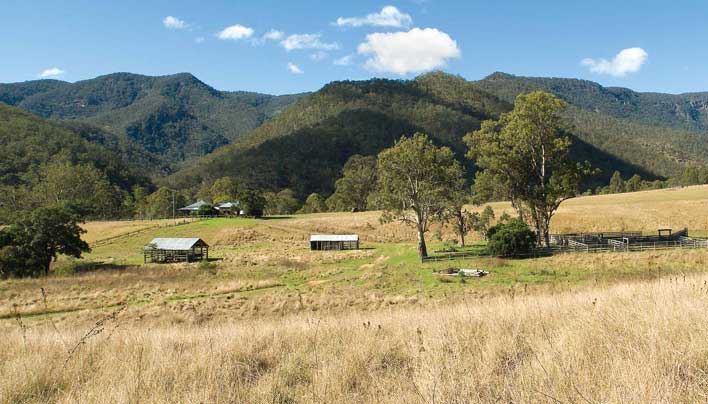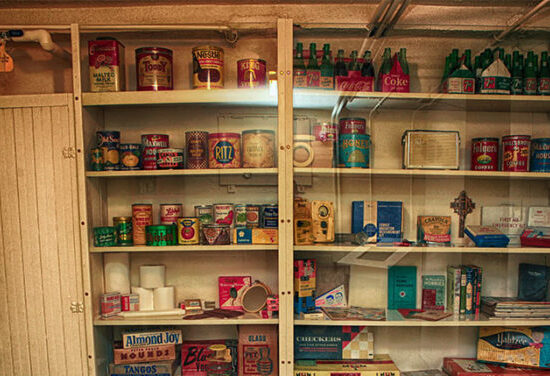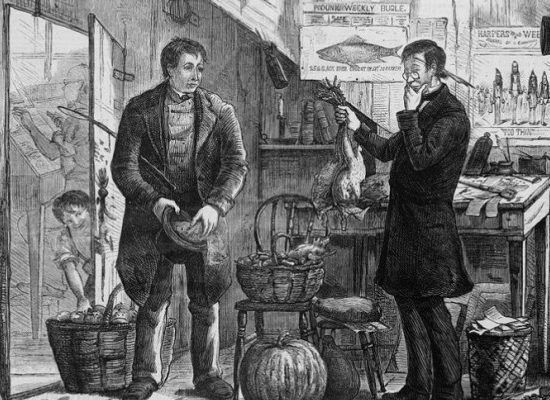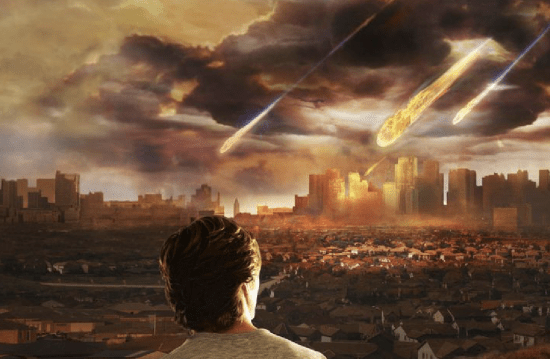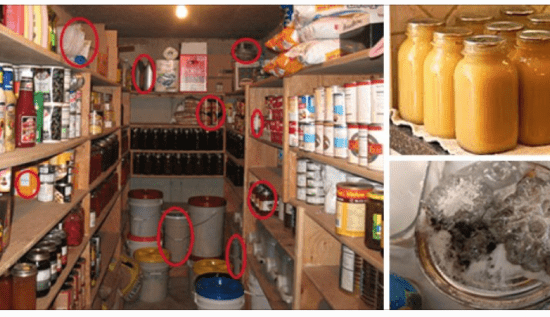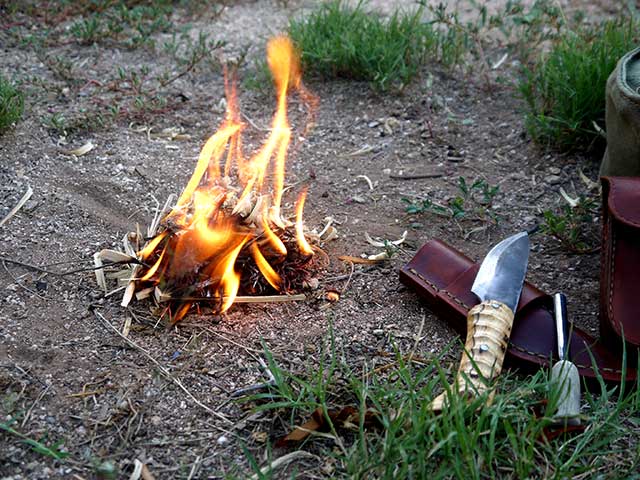
This is Part 2 of an article on a set of skills our ancestors had that would put to shame most of us. Let’s just go through some of them and see how prepared you are.
We’ll continue our journey into “the lost skills I wish I had” with gardening.
Do you know how to grow your own vegetables and fruits? Or, what do you know about saving seeds? What about soil conditions and how to get water to your plants? Are you aware you could extend your harvest season?
These are not superhuman skills. This is just how daily life was for our ancestors. How is your score so far? Let’s go on.
Building a home, or another shelter, or a fort, or a fence comes very handy and cheaper. Not to mention the feeling of self-gratitude you get for building it yourself. Knowing how to use hand tools and simple machines will go a long way if you have to rebuild.
Are you blushing or things got hot because we’re about to talk about your fire skills?
Do you know how to start a fire without matches and how to keep the fire going 24/7?
Here’s what we know – prepare your fireboard. Cut a groove in the fireboard. This will be your track for the spindle. Take the tip of your spindle and place it in the groove of your fireboard. Start rubbing the tip of the spindle up and down the groove. Have your tinder nest at the end of the fireboard, so that you’ll plow embers into as you’re rubbing. Once you catch one, blow the nest gently and get that fire going.
Was it hard? Don’t think so. And it gets even better when you realize you could do so many things by yourself. If only someone taught us these skills when we were growing. Imagine what we could do today.
Ok. Let’s go on with our list of tricks and useful skills for the people, by the people.
One of the most important men on the frontier was the bee-hunter. Sugar was almost impossible to come by. Honey, which was called ‘long sweetenin’ in Texas, was the only source of sweetening for many years.
Knowing and preparing wild edibles was also crucial. Do you know which plants in your area are safe and what parts of them are edible? A little foraging can add variety to your diet or even sustain life if there’s nothing else to eat.
What other problems did they face? Oh, yes, light! One of the most depressing situations is to spend the night in near to total darkness. Besides this, not being able to see at night is dangerous. Learning how to make candles and wicks should be a skill to consider learning. Fats and other oils will burn and can be obtained throughout nature and the outdoors. Long-term solar battery rechargers for flashlights and LED battery powered lanterns are of course, another option.
Another top priority? Personal and general hygiene. Because disease and sickness can and do take down the toughest man. People must realize that after a terrible disaster it is not like someone that goes camping, comes back dirty, and takes a nice long shower or a hot bath. After SHTF the water to the faucets, as well the hot water heater, may not work. Bathing on at least a semi-regular basis is necessary to avoid all sorts of bacteria from building up on the skin and causing a variety of health concerning ailments that will then have to be treated. People should plan on just how they will keep themselves clean, even thinking about sponge baths as an option.
What about transportation when there will be no more fuel to be found? Do you have a plan?
Some people say about SHTF that unless you’re living on an oil well or in a gas tank you won’t have access to gas. But guess what? Riding a horse will fix it. A horse is a transportation vehicle, a pack animal, and a friend. Learning to ride one can get you places when roads are impassable or vehicles aren’t working. Plus, your gas reserves won’t last forever when SHTF.
And we get to Health and Herbal remedies. When the doctor’s not around, knowing which herbs to use and how to use them to treat common ailments like coughing, fever, headache, etc. can be a great blessing to your family or others around that may need the help.
Learn first aid
Treating yourself and or others will probably be the only thing someone can do as medical professionals are going to be few and far between. Many places offer free classes on first aid because they want people in the community to be prepared. A good first aid book along with a first aid kit is something every household should have before, during, and after a disaster.
Primitive conditions should be expected when anyone is helping someone after a catastrophe. A stockpile of antibiotics is always a good idea. Even acquiring the skill of making your own antibiotics can save lives as an infection is something that will become an epidemic, especially with minor cuts and abrasives that are sure to be plenty.
And with disaster comes panic. You should learn to understand the psychology of desperate people. This is a difficult one. After a SHTF event people are going to, simply put, go crazy.
What we can do is take measures now, while everything is still working. But as our society is human made, it is just a matter of time until total collapse..















